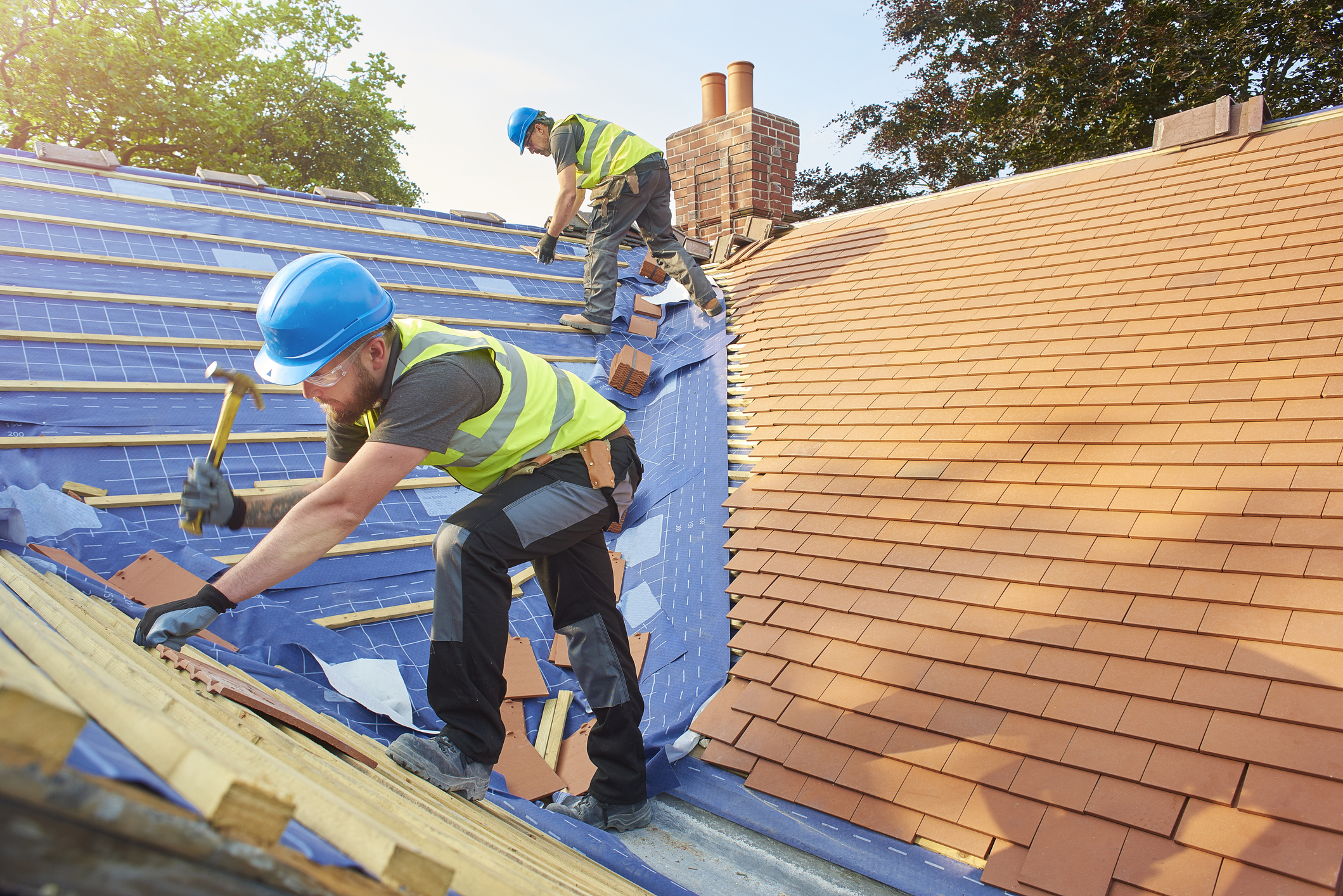Harvard’s researchers found that Americans spent almost $420 billion on home improvement projects in 2020. That’s an average of over $5,000 per single-family detached home in the U.S. It seems that even high lumber costs couldn’t keep Americans from using COVID-19’s stay-at-home time to tackle needed renovations. And, while new bathroom tile or kitchen countertops may make homes look better, many insurance companies are rewarding homeowners who improve the long-term resiliency of their homes.
Lower insurance rates for better built homes? Exactly.
Changing weather patterns have increased fire, wind and hail risk nationally. Recent increases in crime have increased theft and vandalism risk. Increases in hidden malware have increased cyberrisk. Increases in the cost of appliances and repairs have made it much more costly to fix houses after a damaging accident or event. The good news is that when homeowners take steps to address these risks, many home insurance carriers reward them through premium discounts.
Your job as an agent: Keep track of the upgrades and changes being made, and adjust coverage accordingly. Going beyond being just insurance agent and becoming trusted adviser will create loyalty. And, recommending that your customers invests in upgrades and repairs to make their houses more resilient, lowers their risk and could save them money in the long run.
Studies have shown that customers who buy customized coverage—rather than just the coverage their lienholder requires—stay with an insurance agency longer. To them, the policy is more than an annoying price—it’s what enables them to own nice things, as the joke goes. These are the clients who you—the trusted adviser—want as loyal long-term customers.
Here are some improvements that agents can recommend that their clients should prioritize:
Roof upgrades
Some home improvements—like installing a new roof—generally are prudent investments for homeowners. New roofs improve a house’s curb appeal, but they also improve the first line of defense when it comes to protecting a homeowner’s family and property.
Roof upgrades prevent a buildup of ice, which can result in ice dams during the winter. Upgrades reduce the chance of damage in wind and hail storms thanks to improved tile design and materials. The cost of roof repair decreases as newer materials are more easily matched with the existing roof cover.
Finally, roof condition and age are becoming key criteria for acceptance of a house into an insurance carrier’s risk pool as more and more of us use inspections and aerial imagery to reveal those houses most likely to incur damage after the next storm, and to require whole roof replacements rather than just the location impacted by the storm.
Window enhancement
Upgrading windows to endure more powerful impacts of projectiles can reduce your insurance costs, but more dramatically reduce home heating and cooling bills at the same time. Most insurers see new windows as loss-mitigation measures. In other words, insurance companies view window upgrades as a step that homeowners can take to protect their house and the contents inside of it. Insurers favor homeowners who favor well-maintained homes. New, affordable window designs increase security, reduce water damage and protect a home from pests.
Smart-home technology
Technology is making home ownership easier and safer. Convenient smart home devices bring the ability to monitor, adjust and prevent problems related to current conditions while you are in or outside of your house.
We have seen drops in crime from door and window motion-and-opening detectors as well as cameras; reduced accidental flooding from water spillage detectors and shutoff valves; reduced fire hazard from power surge sensors and radon/gas monitors; and detection of freeze or fire damage from smart thermostats and smoke detectors.
This is an investment in which the homeowner benefits more than the insurer. While most carriers have incentives if a house has the proper security solutions in place, most homeowners find the systems extremely valuable while the house is unoccupied during daily activities and vacations. Installing smart-home sensors is a recommendation for which every agent will be thanked.
Renovations
Most homeowners are unaware that home insurers cover the same items in the original home as after a renovation. For example, high-quality windows may initially increase premium, but they could be worth the investment in the long run as they increase the value of the home and more carriers are recognizing the value of renovations that reduce risk. In addition, remind clients to recalculate and update the replacement cost for their house annually, and regularly go through a checklist of sub-limits and exclusions for which they may want to purchase extra coverage.
For replacement costs, do business with a carrier that is going to stand behind its promises and is not going to ding you for innocent mistakes. A guaranteed replacement option, offered by some carriers, eliminates the possibility of not having enough coverage caused by a valuation error. In any case it’s imperative that the cost to rebuild is updated frequently to keep pace with changing circumstances.
Embrace the trusted adviser label and seize the moment with your customer to present optional coverages and home enhancements that save your clients in the long run. Work with companies that offer the broadest options and the strongest financial backing, then give your customers a chance to buy more with your recommendation. This is the advantage you bring to them, and they will reward you with their loyalty.

Bill Martin
Bill Martin is the president and CEO of Plymouth Rock’s Home Insurance Group at which he oversees the business’s operations and reinsurance program. Bill has 35 years of experience in the property/casualty insurance industry. He has held senior positions at Farmers, Great American, Progressive and Travelers. Prior to joining Plymouth Rock in 2016, Bill was president of Bankers Insurance in St. Petersburg, Fla. He has a B.A. in political science from Stanford University. He is an avid sailor, skier, trombone player and sports fanatic.






